The doctors bringing medical advances to skincare

Roula Khalaf, Editor of the FT, selects her favourite stories in this weekly newsletter.
It’s a safe bet that when you or one of your family are ill, you seek the advice of a GP. So it’s curious that when it comes to our skin – the tell-tale canvas that reveals so much about our health, age and happiness _ we’ve been happy for so long to browse physical and virtual shelves, paying little regard to who’s really behind the brand. But what of “doctor-founded” skincare brands created by dermatologists, surgeons and even cancer specialists – who not only bring decades of in-clinic experience to their formulations, but also maintain constant interaction with the global medical-research community to identify and validate the latest technologies?
“The wellness trend is becoming quite blurred. Increased scepticism about greenwashing claims and health fads has spurred consumers to look for more evidence-based purchases,” says Charlotte Libby, a former analyst at market research company Mintel, which last year produced a report entitled Beauty Influencers and Educators. “Skincare brands that are founded and researched by authentic medical experts with years of in-clinic experience help assuage these concerns.”
According to US market analysts Grand View Research, the global skincare products market has been growing around 4.7 per cent a year since 2016 and is expected to be worth $177.15bn by 2024. Driven in part by the wealth of information now available online, this steady period of growth is indicative of a new consumer mindset: welcome to the age of “skintellectualism”. “Women are taking a much more investigative and intellectual approach to how they buy skincare. They do their research, then seek solutions that come with transparency and proven results – rather than being roped in by generic claims and marketing tactics,” says Sarirah Hamid of Pretty Analytics, a trend-insight company that identified a 570 per cent increase in the term “skintellectual” being used in digital content between 2016 and 2017.
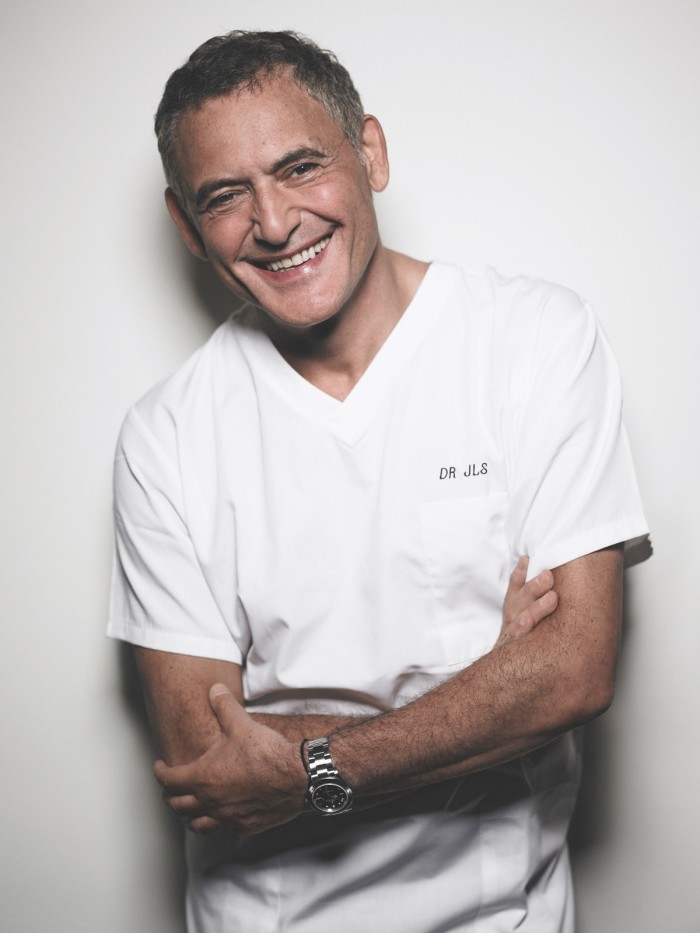
Currently dispensing such expert knowledge is Dr Maryam Zamani, aka “The Eye Doctor”, an oculoplastic surgeon with a practice on Sloane Street who founded beauty brand MZ Skin in 2016, and this year launched The Guinea Pig, a podcast designed to educate listeners about beauty treatments and procedures. Zamani’s understanding of the mechanical and structural aspects of the eyes led her to develop her own products, such as Depuff & Define Contouring Eye Rescue. Containing tangerine-peel extract, hyaluronic acid, caffeine and a tetrapeptide solution, it instantly lifts and brightens – then over time helps restructure the connective tissue under the eye to firm lines. Selfridges, Harrods and Net-a-Porter all report an increased demand for such doctor-founded skincare brands, while Alexia Inge of e-tailer Cult Beauty believes that the increasing popularity of “authority brands” reflects a broader sense of cynicism surrounding the source of information we receive today. “Our customer queries reveal that in a world plagued by fake news and spurious claims, there’s a growing hunger for quantified or authenticated authorities,” she says. “If you want to find out which of the latest innovations hold weight in efficacy, why wouldn’t you hunt out the pioneers who are actually driving the research?”
To this end, Cult Beauty launched the Augustinus Bader brand last year. Its founder, Professor Bader, is a world leader in regenerative medicine and stem-cell biology whose 30-year career has been dedicated to finding a scar-free healing treatment for severe burns. With more than 180 peer-reviewed research papers to his name, he’s translated his knowledge about the body’s natural healing process for a broader consumer audience via his eponymous products, The Cream and The Rich Cream. Both contain his signature Trigger Factor Complex – a blend of vitamins, amino acids and synthesised molecules found naturally within the skin – to support renewal and, by extension, reduce lines, wrinkles, age spots and damage caused by environmental stressors. Smooth either of these rich, silky, undeniably decadent formulations (The Rich Cream contains additional argan, avocado and evening primrose oils) onto your skin, and it’s clear that, where there was once a disparity between so-called “clinical” brands and more glamorous “luxury” skincare, it’s now possible to satisfy both desires. In fact, for the well-informed skintellectual, buying into the “science luxe” category more than justifies the price tag.
Tried and tested
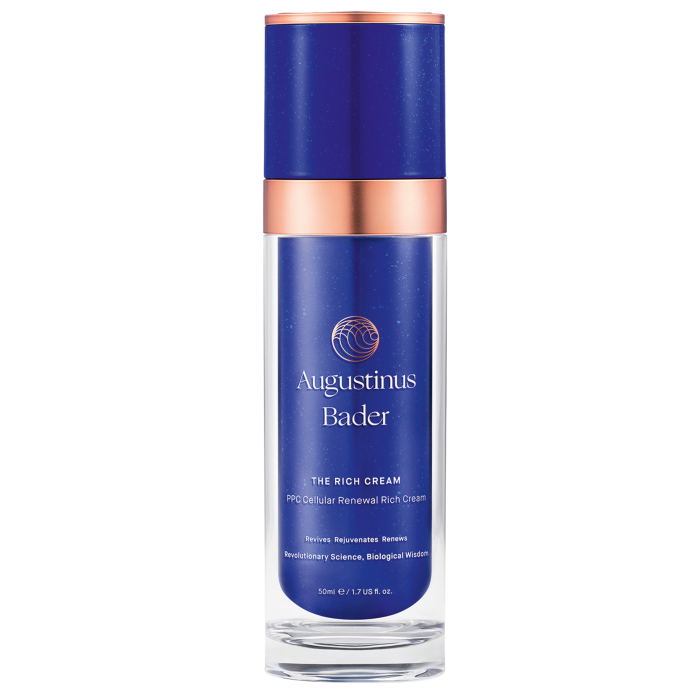
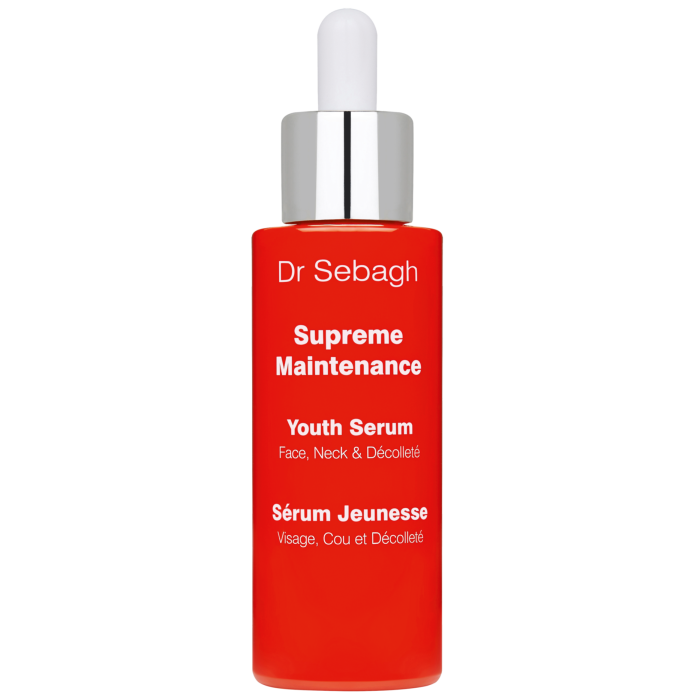
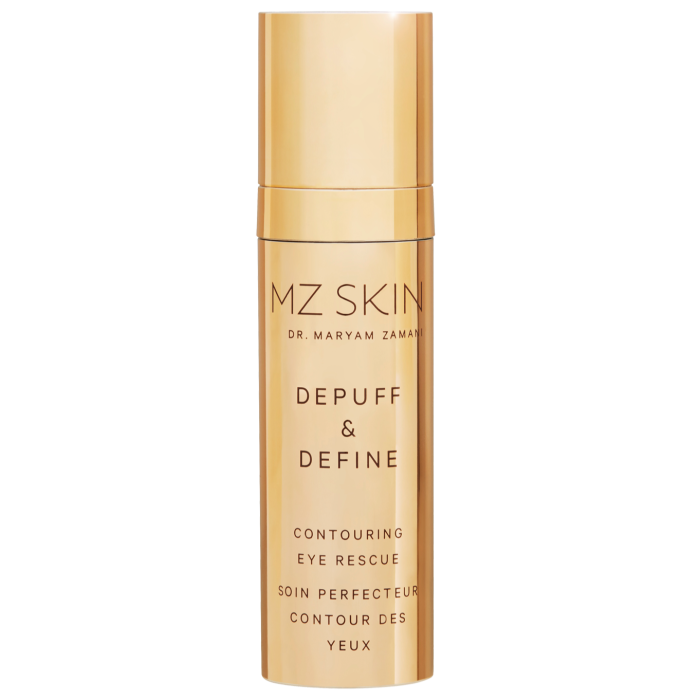
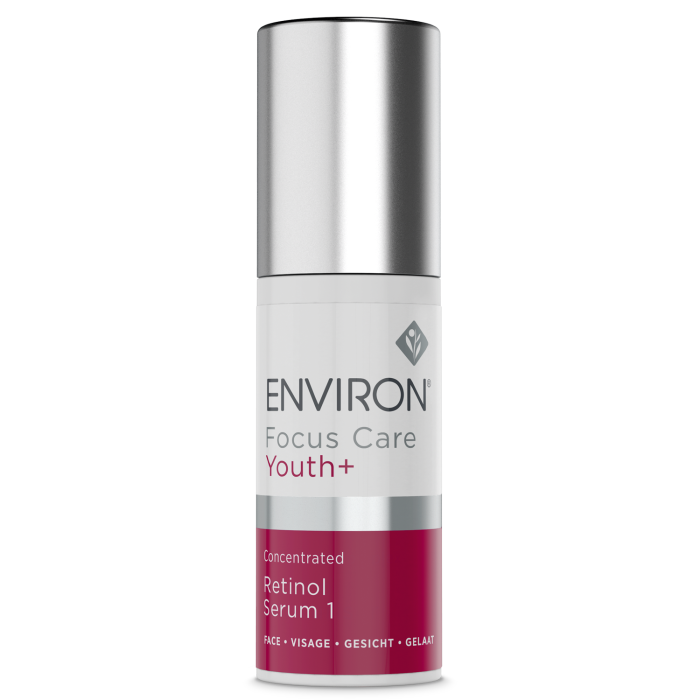
“Doctor-founded skincare brands are definitely disrupting the luxury market,” confirms Annalise Fard, director of beauty at Harrods. “When our customers invest in luxury skincare, a product that’s aligned with the expertise and authority of a doctor is often more appealing.” One such range is that founded by cosmetic doctor Dr Jean-Louis Sebagh in 2006. Combining his 30 years’ experience of working with pharmaceutical-grade ingredients, his Dr Sebagh products are designed to help the skin reach its peak condition via the most potent of formulas. To this end, his Supreme Maintenance Youth Serum contains 95 per cent active ingredients, including the powerful antioxidants resveratrol and vitamin C, along with a peptide complex and minerals to firm and tone the skin.
That Dr Sebagh has attracted a loyal following speaks volumes. A measure of any brand’s success lies not only in the single sales but in the repeat purchases. “Doctor-led ranges are constant bestsellers, and more often than not, our customers come back for more,” says Kate Bancroft, a registered nurse and founder of Face the Future – a clinic and online shop that stocks only expert skincare brands that deliver tangible results. “No matter what they’ve used previously, once a customer has tried the products from doctors’ ranges and seen the results they can achieve, they don’t want to be without them.”
A case in point is Environ’s Focus Care Youth+ Concentrated Retinol Serum by Dr Des Fernandes, who was involved in the world’s first human heart transplant in Cape Town in 1967. Having later turned his hand to plastic surgery, in 1990 he created one of the first retinol-based skincare ranges. To this day, it’s something of a best-kept secret among beauty editors, who’ll settle for nothing less than a formulation to tackle lines, wrinkles and pigmentation that’s been tried and tested for nearly three decades.
However, the flipside of having more information at our fingertips is that it can perpetuate what Inge calls “online ingredient hysteria”. Dermatologist, author and founder of Epionce skincare Dr Carl Thornfeldt adds that one of the most common myths consumers buy into is that products containing a “miracle” ingredient will necessarily provide the benefits associated with it. “Companies can spend endless revenue on advertising and make marketing claims all day long, but rarely are those claims backed up by a scientifically valid study on the final formulation that the patient is being asked to use,” says Thornfeldt. He was one of the first to perform independent clinical trials on his products in 2002 – even though they are still not required by law.
Now known as “the king of barrier repair”, Thornfeldt has carried out extensive research into the links between skin-barrier damage, deep-level inflammation and their negative impact on skin health – something he redresses in products such as his essential fatty acid, ceramide and avocado complex Renewal Facial Cream, which in a study was shown to reduce “tactile roughness” by an impressive 56 per cent and to improve clarity by 53 per cent. Interestingly, the brand has only ever been advertised in trade publications.
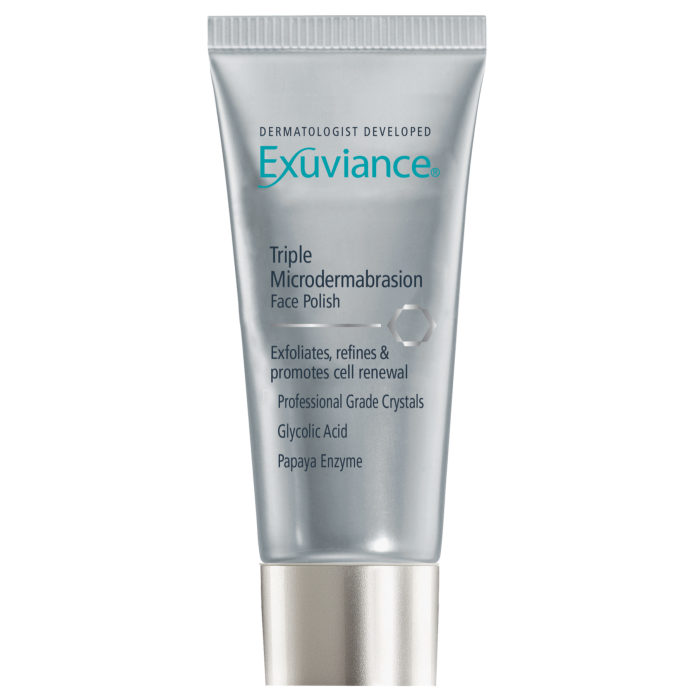
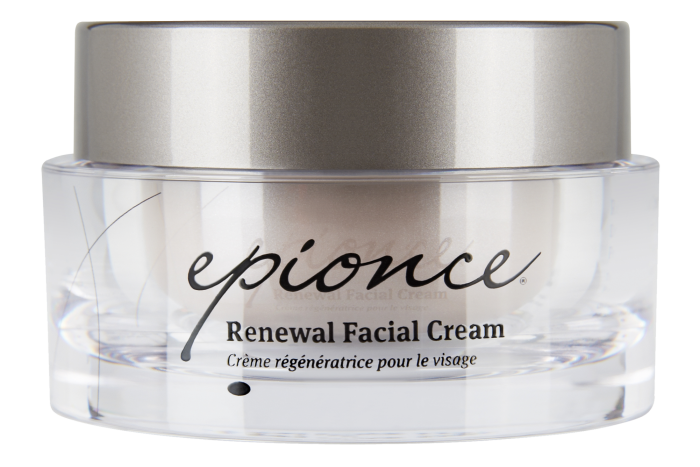
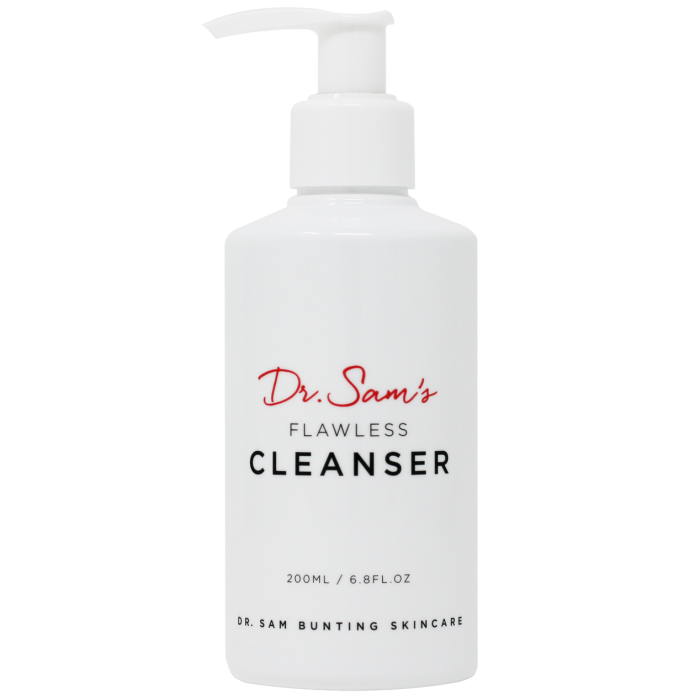
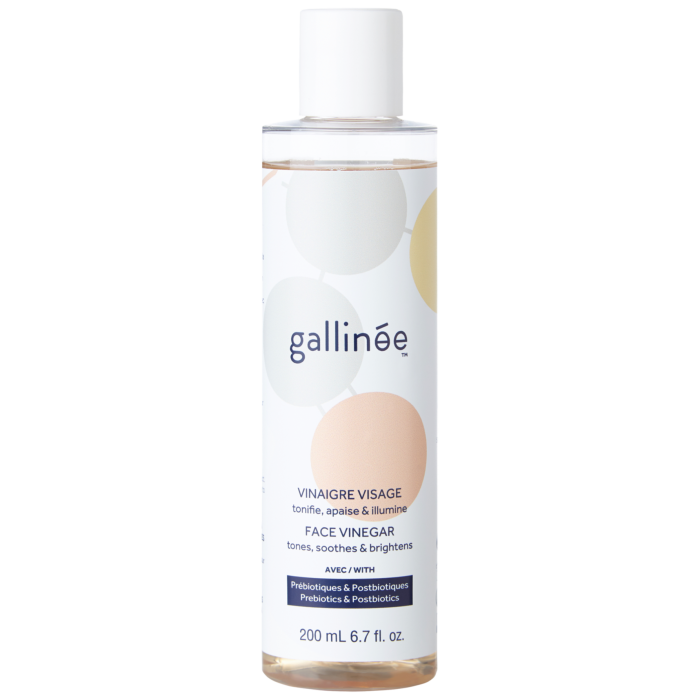
It’s no coincidence that terms such as “skin health”, “skin biology” and “skin restoration” are commonplace within the world of doctor-led lines. Less stick (why must we “anti-age”?) and more carrot, Exuviance is another brand that advocates a positive, pragmatic approach to its products by promoting an overriding message of “skin fitness”. It’s one that appeals to skintellectuals for obvious reasons: rather than chasing the newest products boasting the next magic bullet in skincare to “correct” their “flaws”, they actively take responsibility for researching the products that deliver the results they want on a long-term basis – rather like following an expert gym routine.
As for Exuviance’s founders, dermatologist and skin biologist Dr Eugene Van Scott and dermatopharmacologist Ruey Yu come from a background in skin-cancer research. They were the first to discover the skincare benefits of alphahydroxy acids in 1974 – an ingredient that’s not only become part of our everyday beauty lexicon but is also harnessed in their Triple Microdermabrasion Face Polish. Ever so gently, it loosens dead surface cells to soften, smooth and even out the tone of the skin.
What feels particularly new right now, says Pretty Analytics’ Hamid, is that once “invisible” skin doctors are gaining a name for themselves: “What we’re seeing is the rise of the ‘skin doctor expert’, just as make-up artists like Charlotte Tilbury have rocketed into the mainstream view.”
The “Charlotte Tilbury effect” may, to some extent, explain the growing number and success of female-founded doctor brands in a market that has traditionally been dominated by men. As Inge points out, female doctors, such as Dr Zamani, are now becoming influencers in their own right, with many using social-media feeds to educate their customers about what will work best for their individual skin type and concerns.
“There’s great value in female doctors understanding the journey a woman goes on with her skin,” agrees cosmetic dermatologist Dr Sam Bunting, who, with more than 45,000 Instagram followers, has become something of a poster girl for achieving great skin. “The blow acne once dealt to my self-confidence is something I’ll never forget. Yet the anti-blemish market still mainly talks to teens, rather than the 40 per cent of adult women who are acne-prone, but also dealing with wrinkles.” When it launched last year, her first product, Dr Sam’s Flawless Cleanser, got rave reviews – and sold out fast. “The Flawless Cleanser was developed to meet my own exacting needs: thorough enough to remove daily grime, but not so harsh as to deplete the skin’s barrier function and impair its overall health and radiance. I truly believe there is luxury to be found in simplicity.”
French doctor of pharmacy Marie Drago has taken an ultra-specific approach: her brand, Gallinée, focuses on optimising the balance of the skin’s microbiome (its bacterial ecosystem) by including pre-, pro- and postbiotics that reduce sensitivity and inflammatory conditions such as rosacea and eczema. Her new toner-like Face Vinegar replenishes the skin’s “good” bacteria to build resilience against the oxidative stress behind inflammation and ageing.
“Probiotics” and “good bacteria” are terms that many of us will be familiar with for their (proven) ability to help bolster gut health: a reminder of Charlotte Libby’s point that the thirst for authority, authenticity and accreditation is all wrapped up in ideas surrounding – and cynicism about – the broader wellbeing movement. Essentially, we want ways to help us be happy and healthy, inside and out. But where we may once have bought into the latest fad, now we need a damn good reason to believe what it says on the bottle. As Kate Bancroft says: “Many doctor‑founded skincare brands are created by people who are incredibly well regarded within the global medical community. The fact that they’re putting their name and professional reputation on the line by formulating their own products says a lot for their efficacy.”
So when you make your next skincare purchase, take a long, hard look at the name behind the brand. Doctor’s orders.
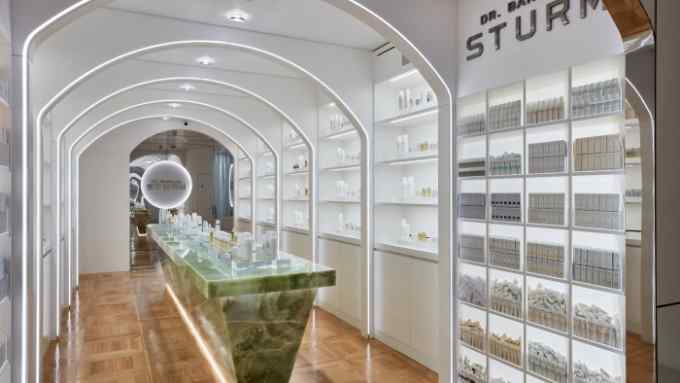
Comments